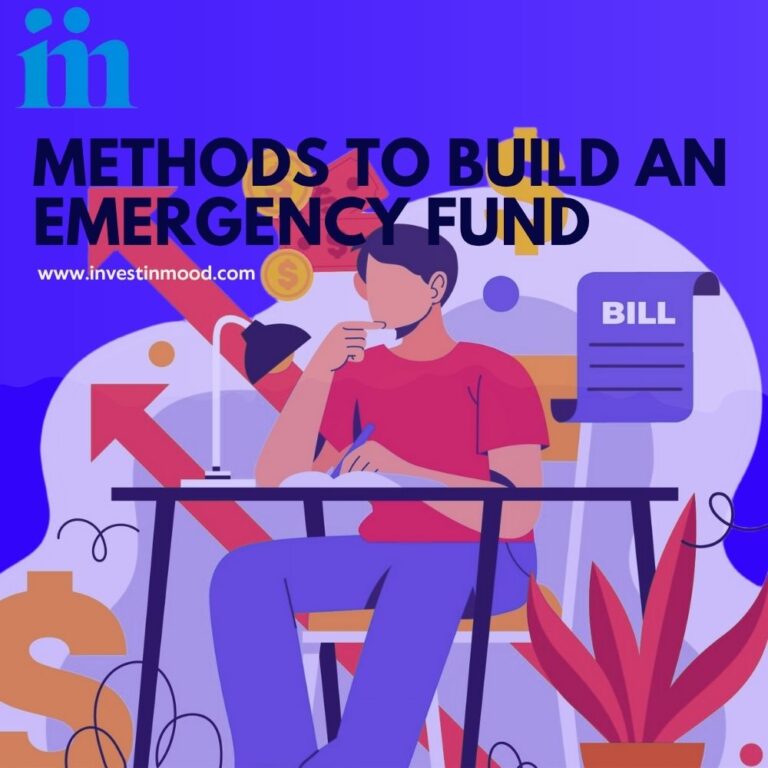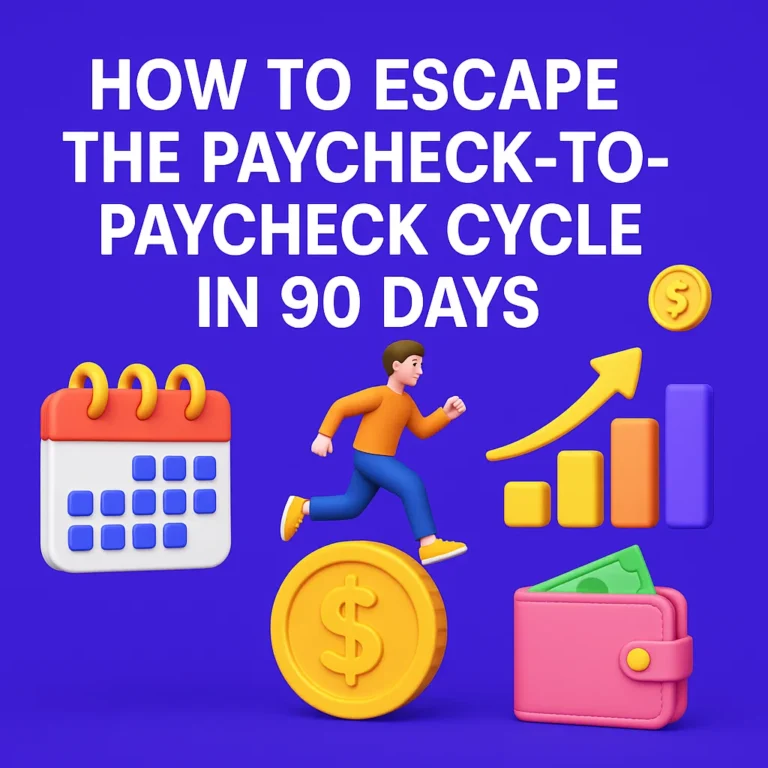
Image Source: [https://www.freepik.com]
Debt Consolidation is a monetary tactic that combines various liabilities into an individual, manageable advance. It aims to smooth your resources, decrease the cost of borrowing rates, and cut per month remittances. Whether you’re struggling with credit card deficit, learner loans, or other varieties of not secured liability, Debt Consolidation may supply assistance. In this article, we will include everything you need to know about Debt Consolidation from its basics to sophisticated concepts, including pros, cons, types, and the method involved.
KEY TAKEAWAYS
What is Debt Consolidation
Debt Consolidation denotes the practice of combining many arrears into an individual advance, typically with a reduced cost of borrowing rate. By doing so, you simplify your repayment procedure, making it less complicated to oversee your funds. The idea is that instead of keeping track of several payments with varying due dates and finance charges rates, you merge them into one settlement, often with an unchanging cost of borrowing rate and due date.
Debt consolidation is not debt elimination. It restructures your debt—typically into one monthly payment with lower interest—but you still owe the full balance and need discipline to avoid reaccumulating debt.
The goal is to trim the overall finance charges you’re settling and potentially reduce your per month remittances, generating it simpler to pay off your arrears over time. Debt Consolidation can be particularly useful for humans with elevated finance charges, credit card arrears or loans that hold elevated loan charges rates.
Types of Debt Consolidation
There are different kinds of Debt Consolidation, and each has its advantages and disadvantages. The most common methods embrace:
1. Debt Consolidation Loan
A Debt Consolidation advance is the simplest strategy. It involves taking out a fresh mortgage to pay off your existing liabilities. Typically, you would employ for a private credit from a bank, credit union, or online creditor. The recent mortgage is used to pay off your credit card balances, medical statements, or other elevated loan charges arrears.
| Pros | Cons |
|---|---|
| ✔ One every month installment | ✘ Can expand the life of your arrears if the credit period is long |
| ✔ smaller loan charges rate if you own favorable credit | ✘ May require beneficial credit to qualify |
2. Balance Transfer Credit Cards
Balance transfer credit cards enable you to transfer your existing increased cost of borrowing credit card balances to a recent card with a minimal or 0% preliminary finance charges rate. These marketing rates often last between 6 to 18 months, which can give substantial support if you can pay off your balance before the preliminary period ends.
| Pros | Cons |
|---|---|
| ✔ No finance charges during the preliminary period | ✘ Increased loan charges rate after the initial period |
| ✔ Guides pay off liability faster with no cost of borrowing charges | ✘ Often arrives with a balance transfer fee (3% to 5%) |
3. Home Equity Loan or Line of Credit (HELOC)
A place equity credit or line of credit (HELOC) allows you to pledge against the equity in your house to pay off liabilities. Since these loans are backed by your place, they often come with reduced loan charges rates. However, they carry the hazard of confiscation if you cannot form the remittances.
When I consolidated my credit card debt into a personal loan, it felt like relief—but the real challenge was changing spending habits. Without that mindset shift, I would have ended up in deeper debt again.
| Pros | Cons |
|---|---|
| ✔ Decreased cost of borrowing rates compared to not secured loans | ✘ Uncertainty of losing your place if you default |
| ✔ Greater advance amounts possible | ✘ You must maintain sufficient equity in your house |
4. Deficit Management Plan (DMP)
A liability control blueprint is a program offered by credit counseling agencies. With a DMP, a counselor operates with your creditors to lower your loan charges rates and build an individual per month installment blueprint. The agency pays the creditors on your behalf.
| Pros | Cons |
|---|---|
| ✔ Reduced loan charges rates and expenses through negotiations | ✘ Can obtain several years to pay off arrears |
| ✔ Professional benefit managing your funds | ✘ Enrollment charges may implement |
5. Debt Settlement
Debt settlement is a more determined form of Debt Consolidation where you negotiate with creditors to pay smaller than what you owe. This selection is usually considered for those who are significantly behind on dues and cannot afford to repay their full deficit. Deficit settlement can hurt your credit score and may necessitate hiring a third party company.
| Pros | Cons |
|---|---|
| ✔ Can trim your total deficit | ✘ Can harm your credit score |
| ✔ May operate for severely defaulted accounts | ✘ Requires a bulk payment sum settlement, often with increased expenses |
Compare APR, not just monthly payments. Some consolidation offers look attractive with lower payments, but come with extended terms and higher overall interest costs. Always calculate the total repayment amount.
How Does Debt Consolidation Work
Debt Consolidation functions by combining all of your arrears into one credit, which typically has a smaller cost of borrowing rate. The system starts by assessing your current monetary position and determining which of your liabilities to unite. After applying for the consolidation mortgage or using another method like a balance transfer, the proceeds are used to pay off your existing liabilities.
Once your liabilities are paid off, you’ll produce one installment to your loan provider, which will consist of the principal and cost of borrowing on your fresh credit. Ideally, this settlement is reduced than the total of your previous liability dues. Debt Consolidation is most productive when you stick to a financial plan and prevent accumulating additional arrears.
According to Experian, the average U.S. consumer holds $5,947 in credit card debt—making debt consolidation a viable option for millions looking to reduce interest and simplify payments.
Benefits of Debt Consolidation
Simplified Finances: Instead of managing various remittances, due dates, and loan charges rates, you’ll own just one mortgage to follow.
- Lower Interest Rates: If you own elevated loan charges credit card arrears, consolidating it into a credit with a decreased cost of borrowing rate can set aside your wealth over time.
- Fixed Monthly installments: Many Debt Consolidation options grant stable installments, producing it less complicated to allocate for and strategy your resources.
- Improved Credit Score: By reducing your overall liability and creating constant installments, Debt Consolidation can enhance your credit score over time.
Disadvantages of Debt Consolidation
- Potential for Higher Costs: If you expand the mortgage duration, you may end up remitting more loan charges over the long run.
- Uncertainty of Accumulating More Liability: Without proper orderliness, you may continue to accumulate a deficit on your credit cards, exacerbating your economic condition.
- Costs: Some consolidation methods, such as balance movements or liability settlement, may come with additional costs that can insert up.
Maria had five credit cards with interest rates between 18% and 26%. By consolidating them into a single loan at 11% over three years, she saved over $4,200 in interest and paid off her debt faster with one fixed monthly payment.
Is Debt Consolidation Right for You
Debt Consolidation may be a perfect remedy if:
- You are struggling to keep track of several arrears.
- You maintain an elevated cost of borrowing liability, such as credit card balances.
- You are committed to sticking to a repayment scheme and avoiding fresh liability.
However, Debt Consolidation is not suitable for everyone. If you own a substantial amount of no collateralized deficit or are facing bankruptcy, you may want to investigate other options, such as deficit settlement or credit counseling.
How toUse Debt Consolidation
Applying for Debt Consolidation typically involves the tracking steps:
- Judge Your Arrears: Establish how much you owe and to whom. This will benefit you to decide which liabilities you want to merge.
- Research Options: Compare different Debt Consolidation methods, such as customized loans, balance transfer credit cards, and liability supervision plans, to find the finest alternative for you.
- Check Your Credit: Your credit score will affect the loan charges rates and conditions you’re offered, so it’s crucial to know where you stand.
- Employ for The Credit: If you’re using a Debt Consolidation advance, you’ll demand to employ a creditor. If you’re using a balance transfer card, you’ll use it with the credit card issuer.
- Utilize The Funds to Pay Off Arrears: Once approved, utilize the resources from your consolidation advance to pay off your existing arrears.
- Produce On Time Installments: Progressing forward, concentrate on creating on time remittances on your recent mortgage to prevent further fiscal stress.
Using new credit after consolidation can backfire. If you don’t close or limit your old credit accounts, you may end up with double the debt—undoing all progress and hurting your credit score in the long term.
Final Thoughts
Debt Consolidation is a beneficial tool for those starting to clarify their liability supervision, reduced loan charges rates, and trim every month dues. Whether you’re dealing with credit card arrears or other unprotected loans, Debt Consolidation can give a pathway to economic aid. However, it’s significant to contemplate the pros and cons and assess your fiscal condition before committing to a consolidation blueprint.
By carefully exploring all your options and upholding orderliness, you can manage your fiscal possibilities and perform towards becoming arrears free. Always retain that while Debt Consolidation can be an excellent remedy, it’s not a rapid fix. It requires scheduling, money management, and devotion to remitting off your liability for positive.






